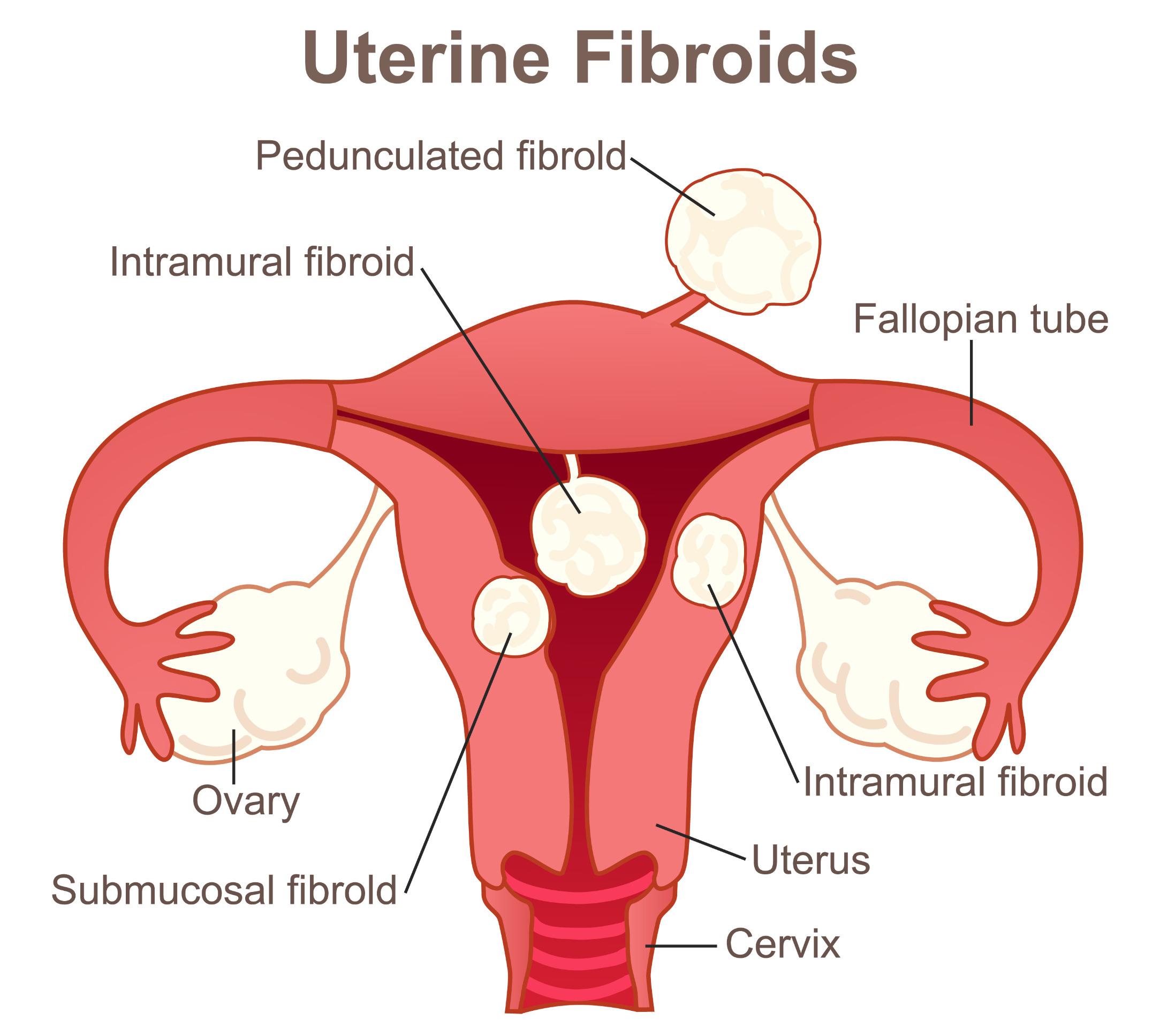Uterine fibroids are noncancerous growths that develop in or on the uterus, and they can cause a range of symptoms that can interfere with your daily life. They can vary in size and number, and they may grow slowly or rapidly. Uterine fibroids are very common, and many women may have them without even knowing it.
Here, we will explore the common symptoms of uterine fibroids to help you understand this condition better and ascertain whether what you’re experiencing is a sign you might need to see a good vascular doctor Israel healthcare specialist.
Symptoms of uterine fibroids
The symptoms of uterine fibroids can vary from woman to woman, and not everyone with fibroids will experience symptoms. The size, number, and location of the fibroids can affect the severity of the symptoms.

Some common symptoms of uterine fibroids include:
1. Heavy menstrual bleeding
If you experience unusually heavy menstrual bleeding that lasts longer than seven days, it may be a sign of uterine fibroids. You may also notice blood clots during your period.
2. Painful periods
Uterine fibroids can cause pain during your period, including cramping and pelvic pain.
3. Lower back pain
Fibroids located in the back of the uterus can cause lower back pain.
4. Pain during sex
Fibroids that are located near the cervix or inside the uterus can cause pain during sex.
5. Pressure or fullness in the pelvic area
Fibroids that are located near the pelvic area can cause pressure or a feeling of fullness in the lower abdomen.
6. Enlarged uterus
As fibroids grow, they can push against and distort the uterus, which can cause it to become enlarged.
7. Abdominal swelling
Large fibroids that cause the uterus to become enlarged can lead to swelling in the abdomen.
8. Pain in the legs
Fibroids located near nerves in the lower pelvis can cause pain or discomfort in the legs.
9. Pain or discomfort in the lower back or thighs
Fibroids located near nerves in the lower pelvis can cause pain or discomfort in the lower back or thighs.
10. Difficulty urinating or frequent urination
Fibroids that are located near the bladder can cause difficulty urinating or frequent urination.
11. Constipation or bloating
Fibroids that are located near the rectum can cause constipation or bloating.
12. Anemia
Heavy menstrual bleeding caused by uterine fibroids can lead to anemia, a condition in which your body doesn’t have enough red blood cells to carry oxygen to your tissues.
13. Fatigue
Anemia caused by heavy menstrual bleeding can lead to fatigue and weakness.
14. Infertility or pregnancy complications
Fibroids can sometimes interfere with fertility and may also cause complications during pregnancy, such as premature labor or miscarriage.
When to see a healthcare provider
If you are experiencing any of the symptoms listed above, it is important to see your healthcare provider. They may perform a pelvic exam to check for uterine fibroids. They may also order imaging tests, such as an ultrasound or MRI, to get a better look at your uterus and determine the size and location of any fibroids.
